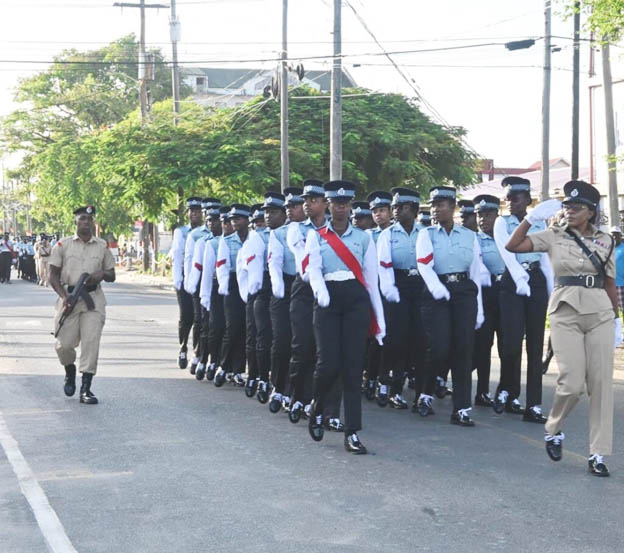Based on the reports that continue to emanate from the media in Trinidad and Tobago on the crime situation in the twin-island republic, they suggest that much of the country’s private sector, it would seem, believes itself to be a specific target of violent episodes, and it would appear to the country’s Business Support Organizations (BSO’s) that individual businesses and business owners are now completely preoccupied by the crime wave.
Among the considerations that appear to have derived from what is reported in sections of the T&T media as a sustained and ruthless crime spree is that, to a considerable extent, the police have been nowhere near as effective as it ought to be in pushing back the incidents of attacks on businesses by well-armed attackers, so much so that both sections of the media and the general public are making no secret of what they believe is as much a serious law-enforcement deficiency as it is a concerted effort by violent criminals to impose their will on the business community a whole.
The Trinidad Express of September 6, 2024 said a particularly worrisome feature of T&T’s current law and order travails is the extent to which it is attended to by outbreaks of serious violence by well-armed gangs, the optics seeming to suggest that it is the criminals that are on the ‘front foot.’ Indeed, a pointed indicator emanating from the private sector, the Express stated, that it was losing the war inheres in the reported disclosure by filling station owners that the intensity of the crime situation is pushing them towards a position where they may have to withdraw the customary ‘after hours’ service which they provide. As persistent reports from Port-of-Spain suggest, the Express says the standout factor in T&T’s crime spree may be the failure of the police to push back the gangs of well-armed criminals whom, it would appear, have stamped their illegal authority on the country (or at least parts of it), seemingly besting law enforcement in the fight for control.
If it would be quite wrong, at least at this juncture, to seek to make comparisons between what is clearly a law-enforcement emergency in parts of Trinidad and Tobago and what obtains in Guyana there may well be some interesting comparisons to consider. High on the list of comparisons is what appears to be the shared challenge by both countries to bring pockets of violent crime under control. Here it has to be said that the recent incidents of violent gun-related crimes (relatively small compared with Trinidad and Tobago) raises questions of the effectiveness of law-enforcement in circumstances where, of late, the Guyana Police Force [GPF] itself has been coming under public scrutiny on account of evidence of some forms of delinquency that has caused a tsunami of criticism to descend on the bona fides of its ‘Service and Protection’ motto.
Setting aside the recent reports that implicate policemen in occurrences involving the ‘movement of significant quantities of cannabis’ there are also persistent rumors to the extent that policemen in Guyana ‘have their own hustles’ that range from ‘profitable’ traffic infractions shakedowns to the use of their law and order credentials to engage in other forms of extortion. If our law-enforcement circumstances appear not to be anywhere near as dire as those that currently obtain in Trinidad and Tobago, a Georgetown businessman who trades in the information technology sector told the Stabroek Business earlier this week that while this may not appear to be the case many local business owners are mistrustful of the Force because, as he put it, “they are more interested in ‘backhanders’ than in law enforcement.”
Possessed of an oil-driven economy that continues to attract investment both from within Guyana and abroad, a Private Sector functionary told the Stabroek Business earlier this week too that it is not inconceivable that enhanced investment opportunities could be attended to by crime surges that go beyond the relatively “low level choke-and-rob” practice. Here, he says, that pushing back crime that targets “business people and their assets” will have to begin with “clear and strong signals from law enforcement” that it is prepared to respond to the challenge. He noted what he described as “the various black marks” which the GPF has been “chalking up” over time asserting that reduced trust in law enforcement in Guyana could actually have the effect of increasing the targeting of the business sector.








